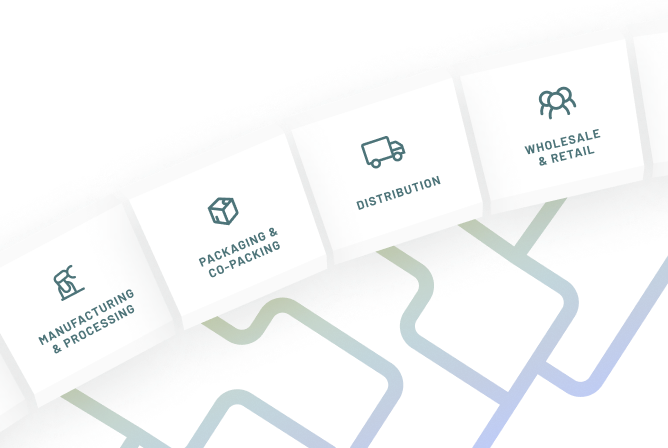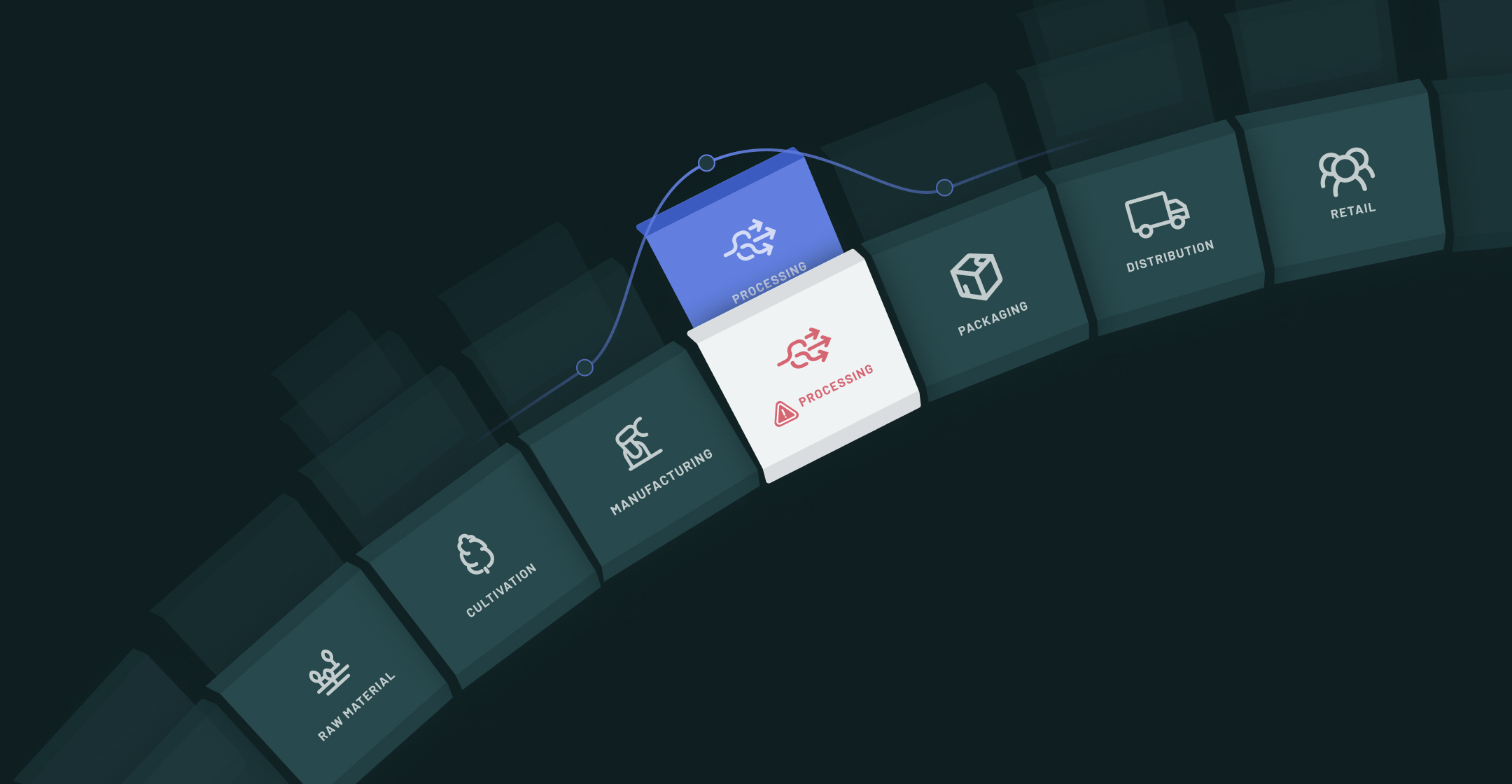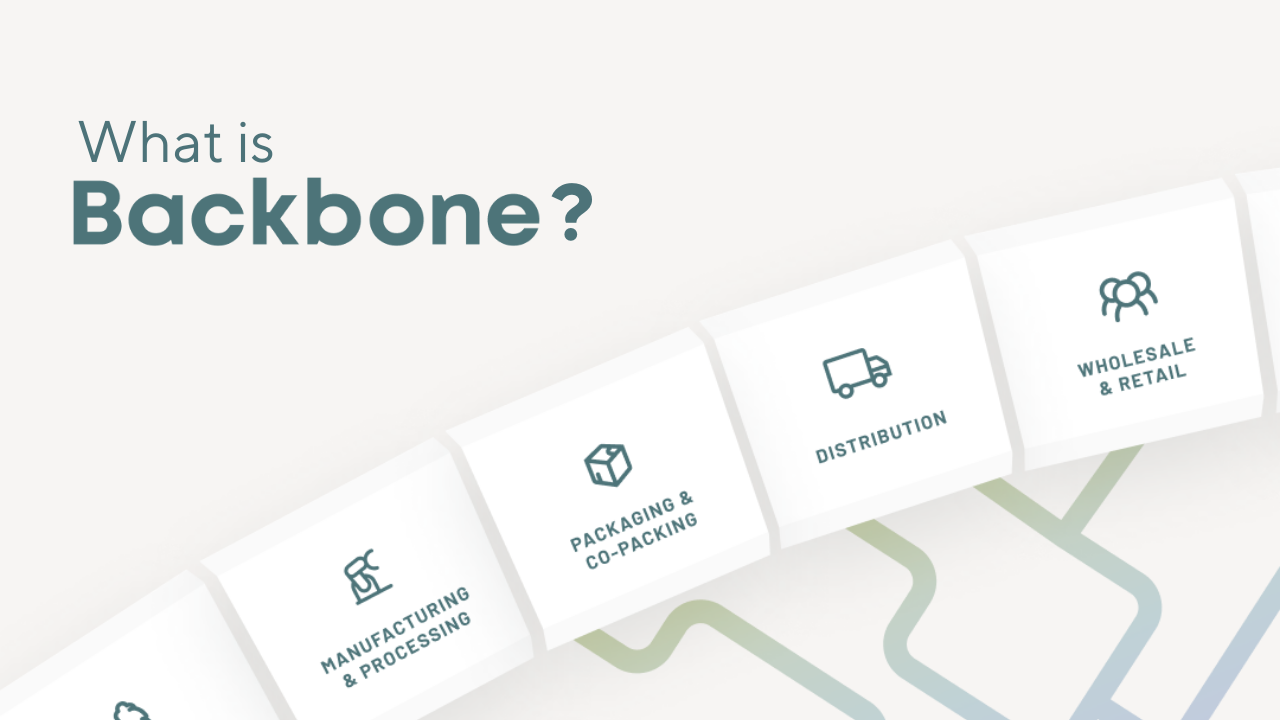

December 08, 2021
•9 min read
ESG to redefine cannabis industry community impact
Sparked by the 2018 CBD boom, hemp and cannabis have worked their way back into mainstream consciousness and the medicine cabinets of people worldwide.
While the spotlight has primarily concentrated on the wellness benefits of cannabis, the use-cases of the plant extend beyond the list of ailments that CBD and THC soothe.
Cannabis is Very Versatile
In fact, cannabis is touted as a pioneer crop that will redefine numerous industries. The plant’s seeds, stalks, and fibers have historically shown over 10,000 uses, including bioplastics, construction, high protein foods, textiles, and fuel.
Due to its vigorous growth (see: ‘weed’), the cannabis plant is also known to restore soil health and is an impressive greenhouse cleaner capable of removing more CO2 from the atmosphere than it emits.


Source: The Future for Hemp, Catherine Wilson.
Can Cannabis Be A Catalyst for Change on a Global Scale?
As industries look to hemp and cannabis alternatives to redefine their operations, many advocates wonder how this industry - expected to reach $119 billion by 2027 - can also provide innovative solutions to our world’s most pressing societal and environmental challenges.
And while cannabis and hemp companies have traditionally sought to share the benefits of the plant and give back to their communities, today’s businesses face a patchwork of local, national, and international guidelines that impede do-goodedness at every step of the way.
Even the most familiar methods of community-giving like donating to a local non-profit or recycling become complicated for cannabis operators. For example, some community organizations can’t accept help from cannabis companies because they receive federal funding. Others simply won’t because of sensitivities to the cannabis industry. Similarly, environmental sustainability efforts are often foiled by compliance requirements.
In either case, the impact made by cannabis community initiatives can be hindered by regulations or by challenges defining and measuring success.
But meaningful change is on the horizon.
Meet Regennabis
Founders of Regennabis, Patrick McCartan and Geoff Trotter, are on a mission to ensure that hemp and cannabis businesses maximize their social impact despite regulatory challenges. To do that, Regennabis is looking to an Environmental Social & Governance (ESG) framework to help the cannabis industry achieve its collective vision of becoming an ethical, sustainable, and leading industry.


What is ESG?
ESG stands for environmental, social, and corporate governance.
Environmental, Social, and Corporate Governance (ESG) is a set of criteria used to evaluate a company's commitment to social and environmental factors. It is typically a score compiled from data collected across an organization and examines how the company manages relationships with employees, suppliers, customers, and the communities where it operates. It also allows for reviewing a company’s leadership, executive pay, and shareholder rights.
ESG criteria are also an increasingly popular way for investors to evaluate companies as they seek to invest in businesses that align with their environmental and community values. “By measuring the same three factors across all companies, investors can determine which ones are more sustainable than others, which helps guide their investment decisions”.
Why does the Cannabis industry need ESG?
The cannabis industry can be the first to do many things. There are opportunities to get it right from the onset and accomplish goals like equitable inclusion of marginalized populations and revitalizing distressed rural farming communities.
Through an Environmental Social & Governance (ESG) framework, the cannabis industry can evolve from well-meaning community programs to a results-oriented approach that requires a commitment to environmental and community sustainability at every level of the business.
For example:
“Environmental” may track excessive and wasteful packaging.
“Social” could denote a commitment to local Cannabis Social Equity programs.
“Governance” addresses Organizational Transparency or Board / Leadership Demographics.
How does ESG contribute towards a more diverse and equitable cannabis industry?
As Geoff Trotter, Co-Founder of Regennabis, explains, “we cannot continue to exclude the people who built and operated the legacy cannabis market; the Black, Brown and Indigenous communities that were ultimately most impacted by the War on Drugs.”
Still, Equity cannabis programs, meant to provide resources to business owners from communities impacted by the War on Drugs, face mixed results only a few years after their inception.
While accountability reports and annual reviews track the impact of these city and state-funded programs, the efforts of the industry’s numerous businesses are unaccounted for almost entirely.
Tracking ESG factors empowers cannabis and hemp companies to set benchmarks, improve year over year, and keep both operators and the industry at-large accountable to the mission of achieving a diverse and equitable cannabis industry.
How do we measure ESG success?
Instituting ESG guidelines across the cannabis and hemp industries provides the impetus to measure, benchmark, and track the industries’ efforts towards legitimate and ongoing impact. But how do we measure ESG success?
After years of working in other sectors and pinpointing best practices, the founders of Regennabis are looking to the United Nations Sustainable Development Goals (SDGs) as the North Star to achieve ESG success.
The 2030 Agenda for sustainable development provides a shared blueprint for peace and prosperity for people and the planet. At its heart are 17 Sustainable Development Goals (SDGs), an urgent call-to-action by all countries in a global partnership. Some of these include:
eradicating hunger and poverty
strengthening environmental protection
widening access to education
encouraging responsible consumption
These goals are the world’s best plan to end poverty, reduce inequalities, and tackle climate change. With a strong ESG plan in place, cannabis and hemp businesses can collectively help achieve these world-changing goals.


CONCLUSION
As legalization becomes more widespread, industries globally are also looking to the cannabis plant to provide alternatives to fuel, textiles, plastics, and more.
Historically, the cannabis and hemp industries have been characterized by well-meaning, businesses seeking to share the environmental and wellness benefits of the plant. But the explosion of new entrants and the variety of regulations that face cannabis businesses have dramatically impacted what operators can do and leave them in need of a collective vision for community and sustainability efforts.
Aligning with the United Nations Sustainable Development Goals - and embedding Environmental, Social & Governance (ESG) Frameworks into their businesses- provide that consistency.
While reaching for lofty goals, Regennabis remains steadfast on its mission to achieve this alignment. Our team here at Backbone is a premier partner and proudly supports these efforts.



